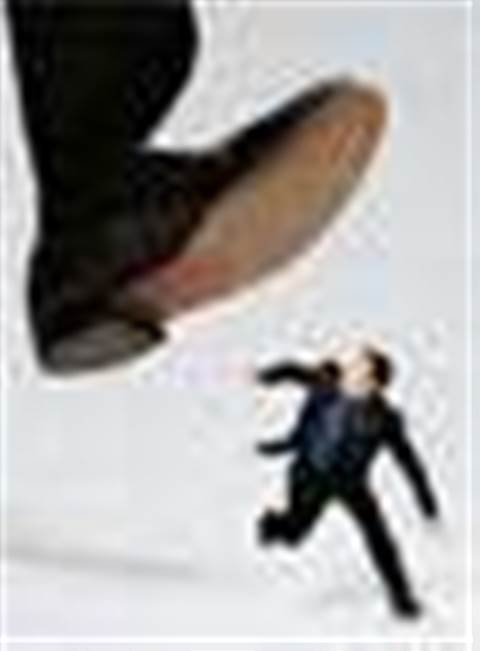It was once said no-one ever got fired for buying IBM, but today every second desktop PC sold in Australia does not even have a multinational brand name on it.
Australia has one of the strongest locally built -- or ‘white-box’ -- markets in the world. In most countries stickers from household names such as IBM, Dell, Hewlett-Packard and Acer adorn the majority of Windows boxes, but in Australia local names like Optima, Ipex, Pioneer and Compucon combined to make up 52.4 percent of PC sales in the first quarter of this year.
You do not become a multinational giant by giving up without a fight, and the box-building Goliaths have struck back at Australia’s local Davids with a price-cutting onslaught designed to undermine their price advantage.
Optima Technology Solutions has been building computers in Sydney’s west for more than a decade and has the highest market penetration of the ‘local kings’, as Australia’s white-box builders often refer to themselves.
Optima sells its own brand of Windows desktop and notebook PCs and also produces OEM boxes for other local companies to rebadge as their own.
Optima-branded computers compete head-to-head with multinationals in stores such as The Good Guys and Retravision as well as through Optima’s own channel. Optima is also a major player in the big end of town, winning a number of major corporate and government tenders to supply desktop and notebook computers.
 |
| Optima’s Ung: Can’t rely on price to win |
"As a local king, price is important, but you can’t just rely on price to win. If multinationals want to win the market they can, because they’ve got deep pockets.We also have to add value, to service the customer and to meet their needs by doing more than just shipping boxes," Ung says.
"Of course for resellers, the product has to be feature rich against others and the price point must be able to make an impact in the market. Still, we can offer them better margins."
Australia’s geography and population spread has contributed to one of the highest white-box market shares in the world, says IDC PC hardware analyst Michael Sager. "You have to have critical mass in order for investment to come and, if a multinational vendor isn’t going to put money in, then white-box will be strong," Sager says.
White-box is strongest amongst Australia’s 1.2 million small to medium enterprises, which are less prepared to pay a premium for brand names, Sager says. As a result, white-box sales made up 60.2 percent of SME desktop sales in the first quarter of this year.
"The SME market doesn’t really think of it as being white-box, they just think of it being the local small company that makes PCs," Sager says. "Every one of them has a brand, some are just more recognised than others.
"If you ask the average consumer they’re probably not going to know Optima versus someone like Dell or HP, but if you talk to Cornel at Optima he’ll say, 'We’re not whitebox', but by definition they are, they just happen to be the biggest and most recognised."




.png&h=142&w=230&c=1&s=1)

.jpg&h=142&w=230&c=1&s=1)






.jpg&w=100&c=1&s=0)








_(1).jpg&q=95&h=298&w=480&c=1&s=1)


